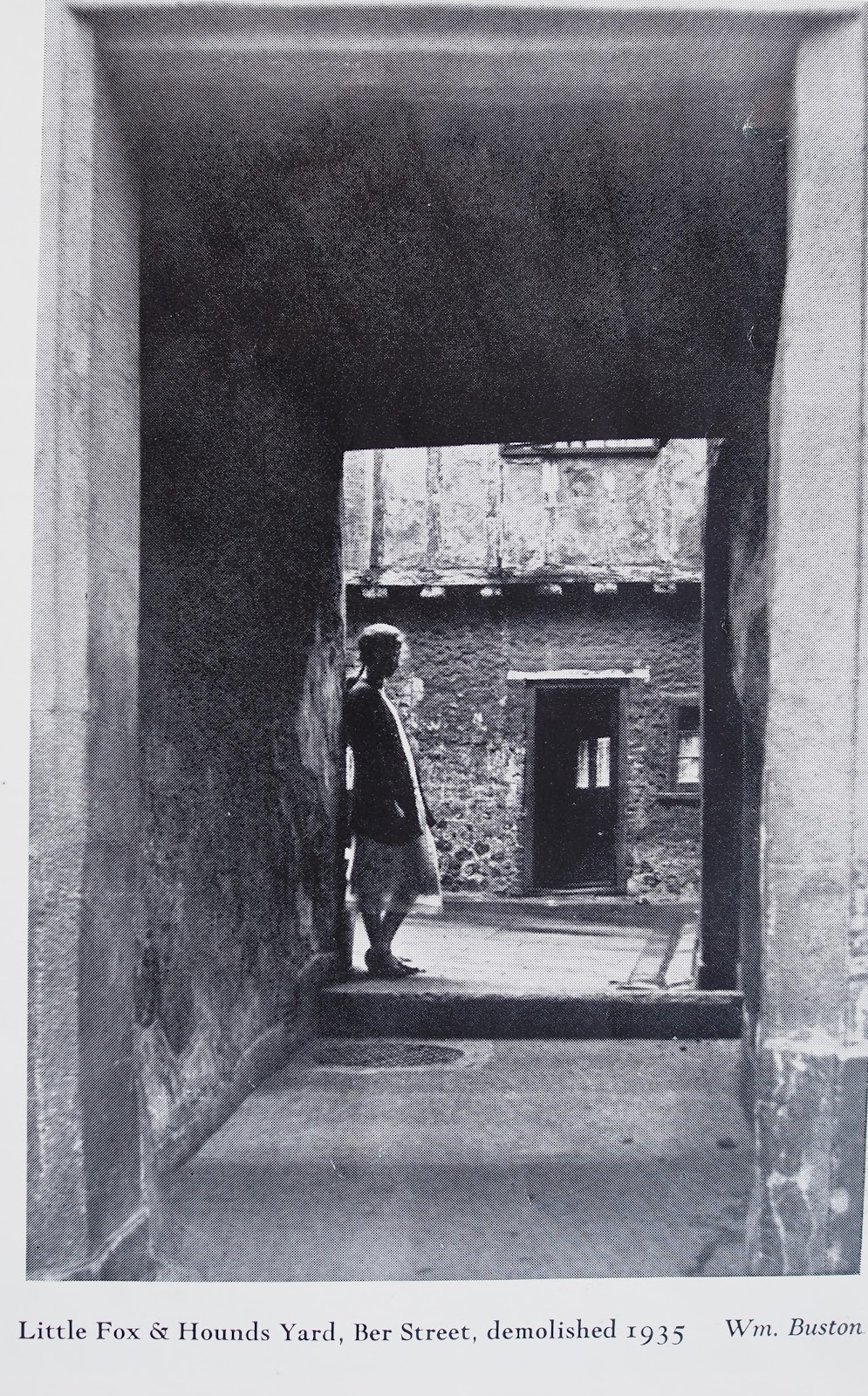We had a very interesting talk on Faberge today. From a St Petersburgh goldsmith to the iconic brand it is today, via the Russian revolution, escape to Switzerland, here is the link that reveals all:
Our Aims
Our Club's aims are to:
• Learn collaboratively about the history, heritage and archaeology of Norwich and Norfolk
• Develop resources and activities that contribute to the wider community’s understanding of history and archaeology
• Develop activities that enhance/maintain the wellbeing and emotional resilience of club members
• Be actively inclusive – open, accessible and welcoming to all
Monday, 28 July 2025
Sunday, 20 July 2025
Ragged Staff Graffiti
Here is a picture of the alleged “Ragged Staff” at St Peter Hungate of mid 15th century origin. The "Ragged Staff" in the context of graffiti refers to a heraldic symbol, specifically a knotted stick or staff with branches protruding from it, often associated with the Earls of Warwick in medieval times. It's found as graffiti, particularly in churches, and is sometimes mistaken for a simple outline or a heraldic symbol of the Earls of Warwick. However, given that the “Ragged Staff” is quite frequently seen, research suggests it also had religious significance, possibly linked to St. Christopher, pilgrimage, and even concepts of resurrection. Here is a link for supplemental reading if you are interested:
Sunday, 13 July 2025
Humphry Repton
Thanks to Chris Tracy and his team at the Heritage Centre for the excellent session they put on for us on Tuesday. To answer the question I asked during Tuesday’s session, Humphrey Repton compiled 400 red books. This article details his life for those that wish for further reading on him:
Saturday, 12 July 2025
William Buston, Norwich Photographer
These
photos by William Buston ARPS are taken from The Norfolk Annual, October 1936
(first two) and Oct 1938. They were part
of an article in the latter entitled “Colegate. An Ancient Norwich Way”. Not much is known about William Buston – a
photographer in Norwich in the late 1930’s. George Plunkett, a much-better
known Norwich photographer of the 20th c. mentions one of Buston's photos in
reference to "Ber Street" - "In the Norfolk Annual published
in October 1937, there appeared a photograph by William Buston of this
building, (Bond’s) taken from the entrance to Golden Ball St, and
captioned "Corner Doomed to Destruction" - an accurate prophecy,
although not for the reason the photographer had envisaged."
I have found out that an album of early twentieth century photographs
including many by Buston is part of the Bridewell Museum's holdings. I understand that the photos are also now
digitised into the Picture Norfolk collection at the Heritage Centre in the
Forum.
I have been unsuccessful in finding out if there are other editions of The
Norfolk Annual, but if anyone spots any, I would be happy to purchase them.
There are quite a few more photos in the
two mags (by other photographers) and I will try to post some on the Club page
over the next weeks.
Sunday, 6 July 2025
Norwich Swing Riots of 1830s
Chris Tracy mentioned the riots of 1837 during the recent “Silk, shawls and other stuff” session recently. These riots appear to relate to the “Swing” riots of the 1830s which were country wide, led by the mysterious Captain Swing. The riots followed the poor harvest of 1830 which resulted in lower wages for agricultural workers. The objective was to stop the spread of new threshing machines and rich farmers and clergymen were targeted. The penalties were severe countrywide, with nine being hanged and 450 deported to Australia. To find out more, please select the following link:









